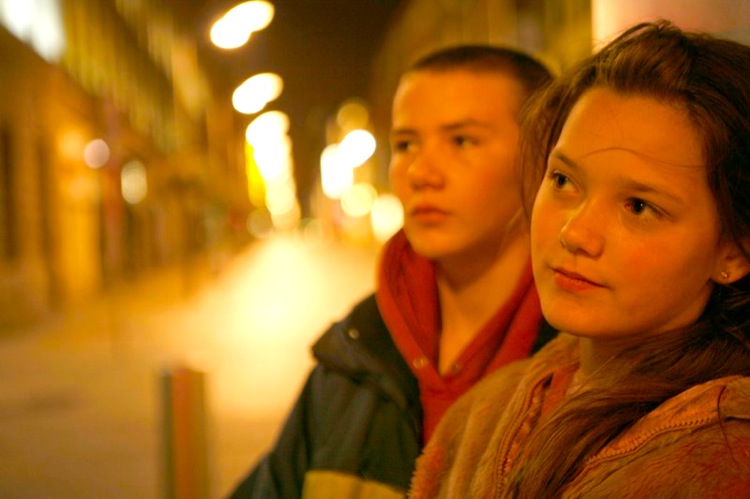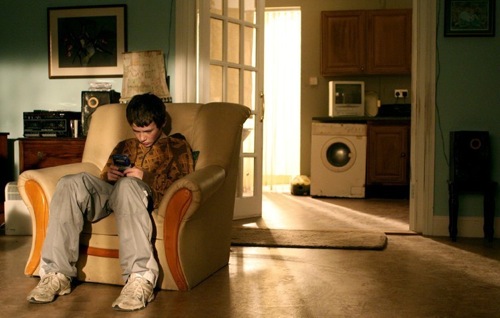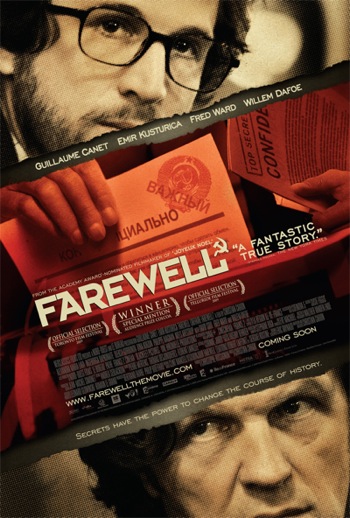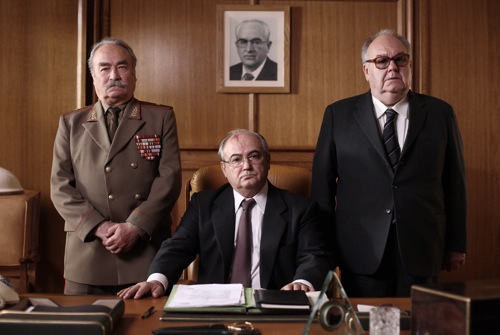By Joe Bendel. Euphemisms can be terrible instruments of evil. For instance, when former Khmer Rouge cadres speak of “solving problems” what they really refer to is the systematic torture and execution of roughly two million Cambodians, whose only crime was to be deemed insufficiently Communist. Thet Sambath understands this all too well. After losing his parents and brother to the Khmer Rouge reign of terror, he spent years interviewing former cadres to understand why they killed their countrymen. His self-funded investigation ultimately resulted in Enemies of the People (trailer above), a truly newsworthy documentary co-directed by Rob Lemkin, which opens in New York this Friday and in Los Angeles next week.
A newspaper journalist in Phnom Penh, Sambath’s quiet, unassuming demeanor is perfectly suited to winning the confidences of his interview subjects. However, he does not advertize his tragic family history, especially not with the big fish, Nuon Chea, a.k.a. Brother Number Two, the Khmer Rouge’s chief theoretician – second only to Pol Pot (Brother Number One). For years, the largely silent Chea has maintained his ignorance of the Killing Fields, but Sambath wore down his reticence. With Chea facing charges of war crimes and crimes against humanity, what he says on Sambath’s tapes is extraordinarily timely.
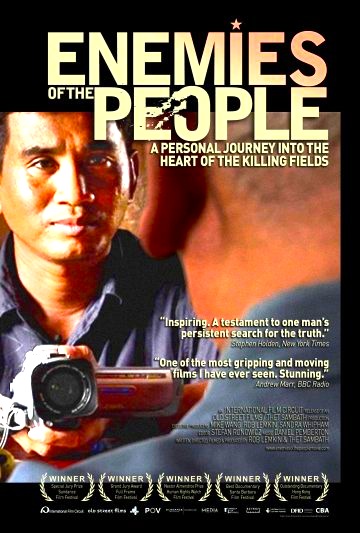
Beyond its potential relevance in the Cambodian Tribunal, Enemies is highly significant as a pioneering Cambodian documentary inquiry into the Khmer Rouge’s crimes. Providing historical context that will likely be instructive for western audiences as well, Sambath explains that the Khmer Rouge directly looked to China as their revolutionary inspiration. Indeed, one can argue the Killing Fields were an indirect product of the Cultural Revolution.
The former low level cadres interviewed on camera also confirm their victims were brutalized and murdered out of ideological zeal. They were capitalist or counter-revolutionary “problems” to “fix.” The matter-of-factness of their videotaped statements is quite chilling, lending credence to Hannah Arendt’s concept of the banality of evil. While some express remorse, decades after the fact, for the most part, it seems like Sambath is not tapping into feelings of guilt so much as a Dostoevskian compulsion to confess. Obviously suffering from his own survivor’s guilt, Sambath also has his own stories to tell. However, he appears to attain a measure of closure through his ambitious undercover research project.
In Enemies, Sambath puts to shame most western journalists who simply preen in front of cameras and regurgitate talking points. At no small risk to himself, he set out to get the truth, succeeding rather spectacularly given his modest resources. Frankly, the ignorance and misunderstanding of the Khmer Rouge borders on the criminal in the west, but Sambath and Lemkin bring their genocidal crimes into sharp focus. Yes, the American bombings are mentioned in Enemies, but only briefly – never suggesting they excuse or rationalize the crimes of the Khmer Rouge in any way. Truly, Sambath understands who the killers really are, and he got them on tape. Thoughtful and legitimately bold, it opens this Friday (7/30) in New York at the Quad and next Friday (8/6) in Los Angeles at Laemmle’s Music Hall, Beverly Hills.
Posted on July 30th, 2010 at 10:36am.

